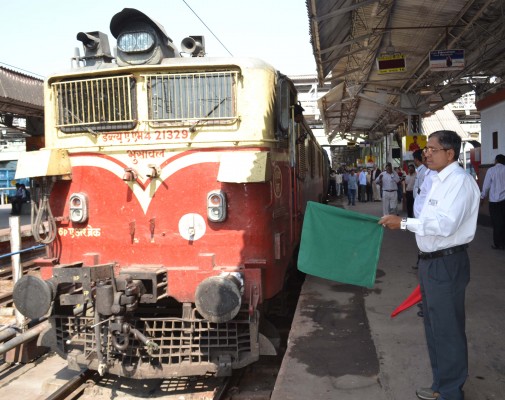Table of Contents
Understanding the Role of a Station Master
A station master takes charge of running the railway station for its entire operation. Their duties encompass a wide range of tasks, including supervising station staff, ensuring timely train departures and arrivals, handling emergencies, and maintaining station facilities. Their role is crucial to maintaining efficient railway operations and ensuring passenger safety.
Educational Qualifications and Eligibility
To become a Station Master, candidates typically need a bachelor’s degree from a recognized university. The age limit for applying is usually between 18 to 32 years, and candidates must be Indian citizens.
Railway Exams and Selection Process
Aspiring Station Masters need to clear the Railway Recruitment Board (RRB) exams. The process includes a written test that assesses general knowledge, reasoning, and aptitude. Shortlisted candidates then proceed to a personal interview, where communication and problem-solving skills are evaluated.
Preparation Strategies for Exams
Candidates should focus on subjects like general awareness, mathematics, and reasoning for the written exam. Effective time management and practicing with previous years’ question papers can significantly enhance your preparation.
Gaining Relevant Experience
Starting at lower positions within the railways, such as a ticket collector or clerk, allows aspiring Station Masters to gain valuable experience and insight into railway operations.
Training Programs for Station Masters
After selection, candidates undergo induction training to familiarize themselves with railway systems and protocols. Specialized training follows, covering areas like safety management, crowd control, and crisis handling.
Essential Skills and Attributes
Station Masters require strong communication skills to interact with passengers, subordinates, and higher authorities. Decision-making abilities and the capability to remain calm under pressure are crucial for this role.
Career Progression and Growth
Station Masters can progress in their careers by taking on additional responsibilities, such as managing larger stations or heading specific departments. The railway sector offers ample opportunities for advancement.
Salary and Benefits
The salary scale for Station Masters varies based on factors like the location and size of the station. Along with a competitive salary, they receive benefits such as healthcare, travel allowances, and retirement packages.
Challenges Faced by Station Masters
Station Masters often encounter challenges like managing large crowds during peak hours, coordinating schedules to prevent delays, and handling emergencies like accidents or natural disasters.
Life as a Station Master
The daily routine of a Station Master involves overseeing train movements, managing staff shifts, ensuring cleanliness, and addressing passenger concerns. Despite the challenges, the role offers a sense of accomplishment.
Contributions to the Indian Railways
Station Masters play a vital role in providing safe and efficient transportation for millions of passengers. They contribute to the nation’s infrastructure development and the growth of the railway sector.
Future of Station Masters
With the integration of technology, Station Masters are adapting to modern systems for operations and communication. The role is evolving to encompass data analysis, automation, and efficient resource management.
Conclusion
Becoming a Station Master in the Indian Railways is not only a career but a commitment to serving the nation’s transportation needs. With the right qualifications, dedication, and a passion for maintaining the flow of trains and ensuring passenger safety, you can embark on a fulfilling journey in this esteemed profession.
Frequently Asked Questions (FAQs)
Q1- What are the minimum educational qualifications required?
A- To become a Station Master, you need a bachelor’s degree from a recognized university.
Q2- Can I apply if I’m over 30?
A- The age limit for applying is usually between 18 to 32 years, varying based on railway recruitment rules.
Q3- Is there any physical fitness criteria?
A- Yes, candidates must meet specific physical fitness standards to be eligible for the role.
Q4- What is the salary range for Station Masters?
A- The salary varies based on factors like station size and location, but it is competitive and accompanied by various allowances.
Q5- Are there opportunities for promotions?
A- Yes, Station Masters can progress in their careers by taking on more responsibilities and moving up the hierarchy.
Q6- What is the selection process for becoming a Station Master?
A- The selection process involves clearing the Railway Recruitment Board (RRB) exams, which include a written test and a personal interview to assess knowledge, aptitude, and communication skills.
Q7- What are the essential skills needed to excel as a Station Master?
A- Strong communication, decision-making, and problem-solving skills are essential for Station Masters to effectively manage operations and ensure passenger safety.
Q8- What kind of training programs are available for Station Masters?
A- Once selected, Station Masters undergo induction training to familiarize themselves with railway systems and later receive specialized training in areas like safety management and crisis handling.
Q9- What are the challenges faced by Station Masters in their role?
A- Station Masters often deal with challenges like managing crowds, coordinating schedules, and handling emergencies, making their role dynamic and demanding.




